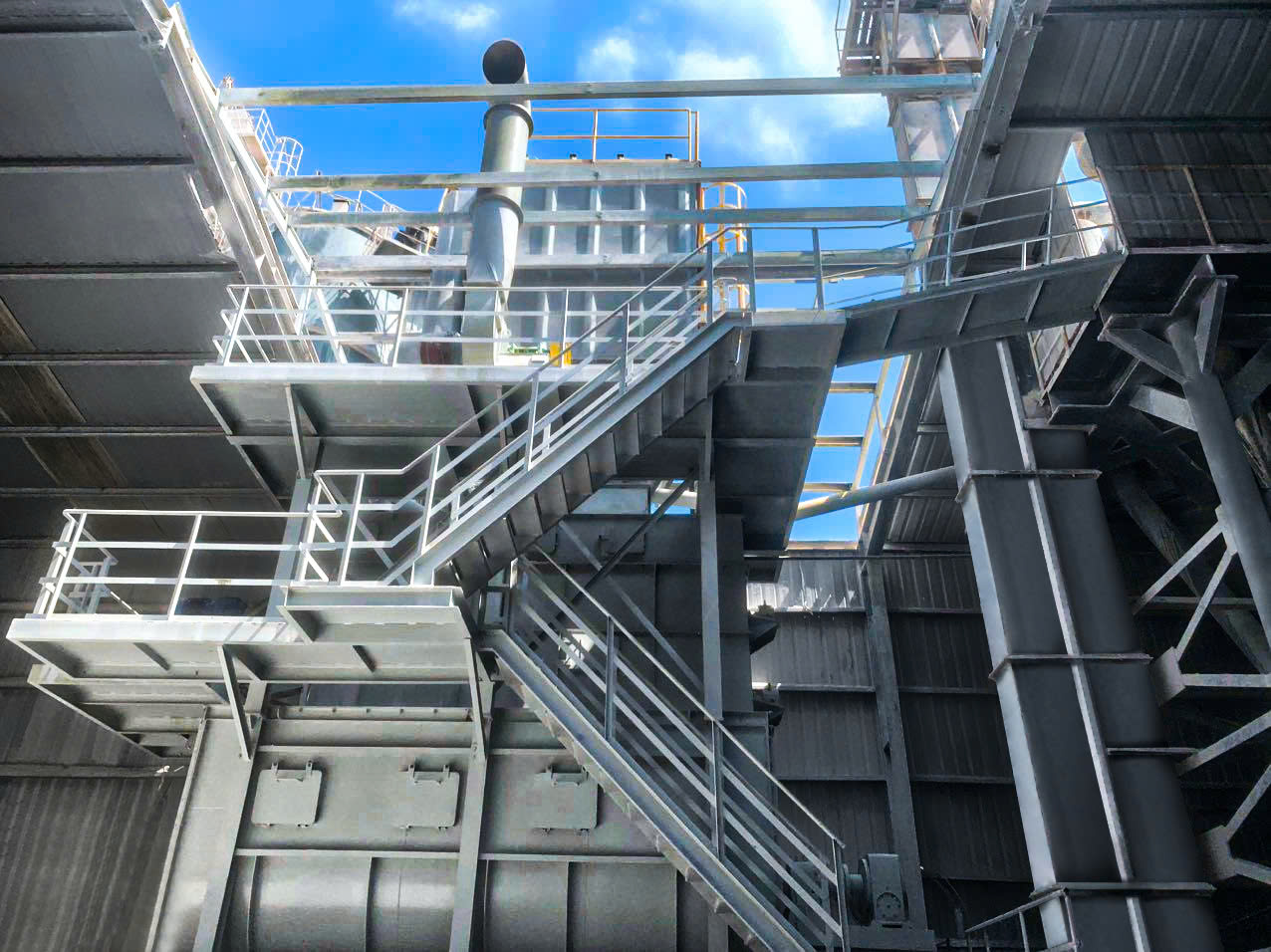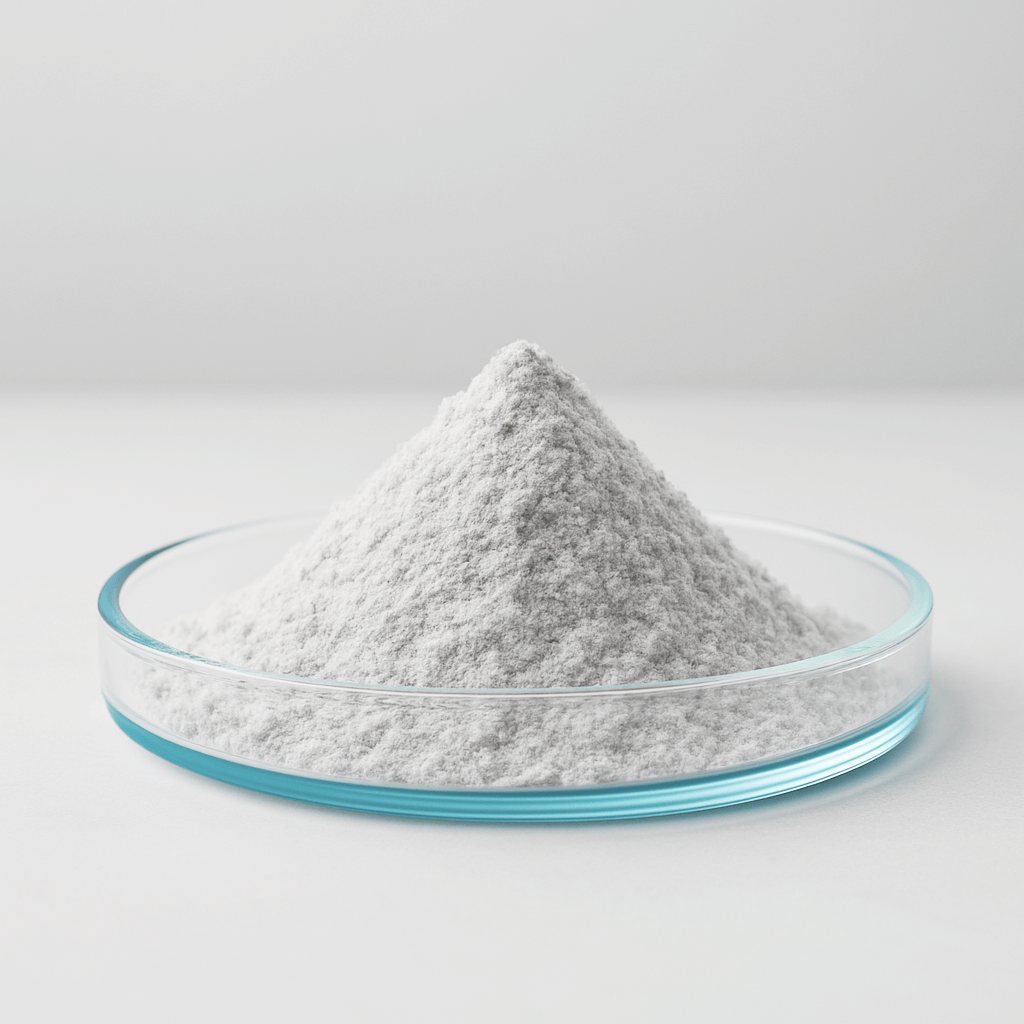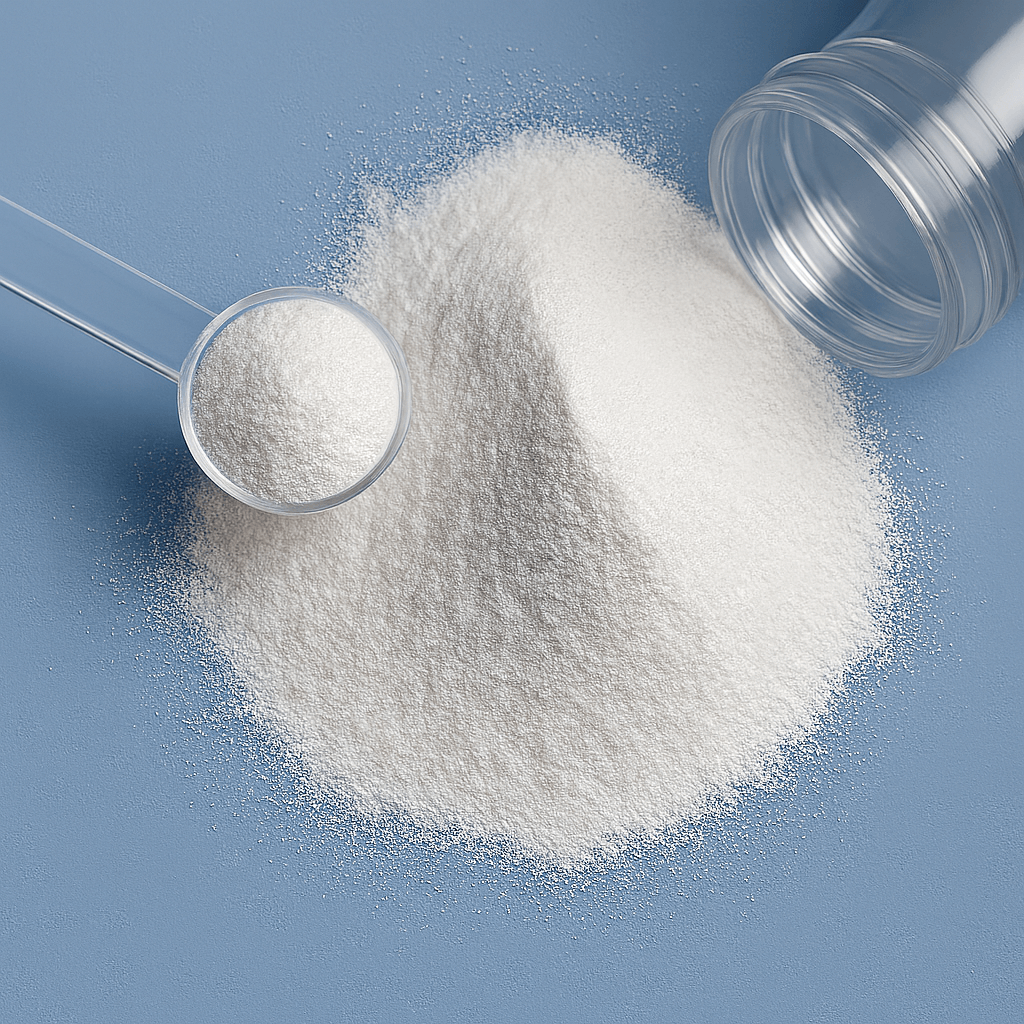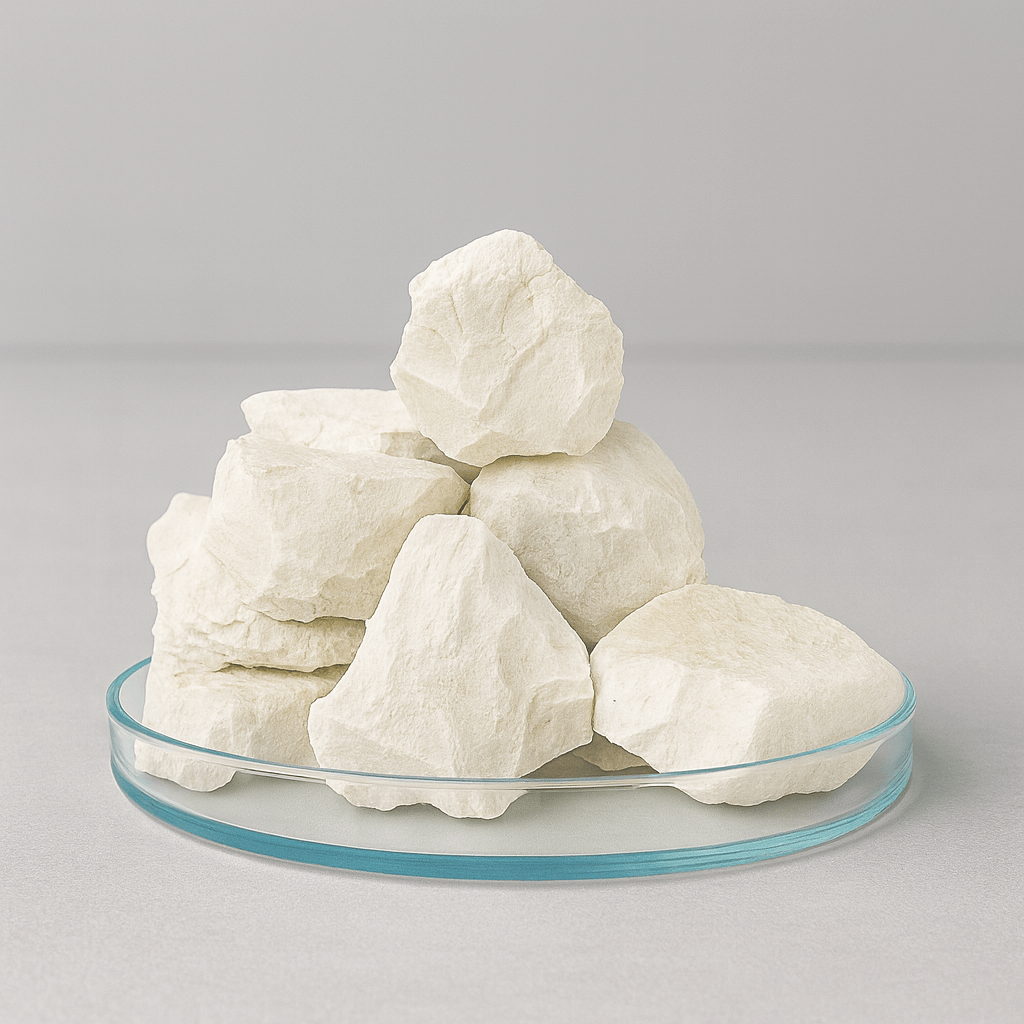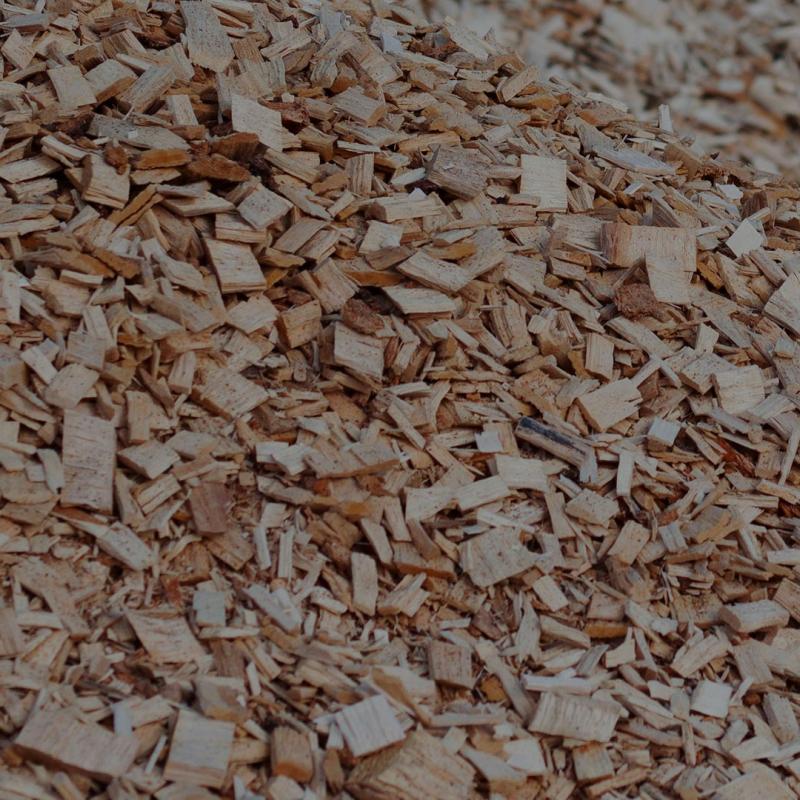Lime is crucial in agriculture for pH adjustment, soil improvement, fertilizer efficiency, and disease control. Agricultural lime, from crushed limestone (calcium carbonate), neutralizes soil acidity. Dolomitic lime adds calcium and magnesium. Quicklime adjusts pH fast; hydrated lime suits diverse needs. These types optimize soil health for sustainable crop growth.
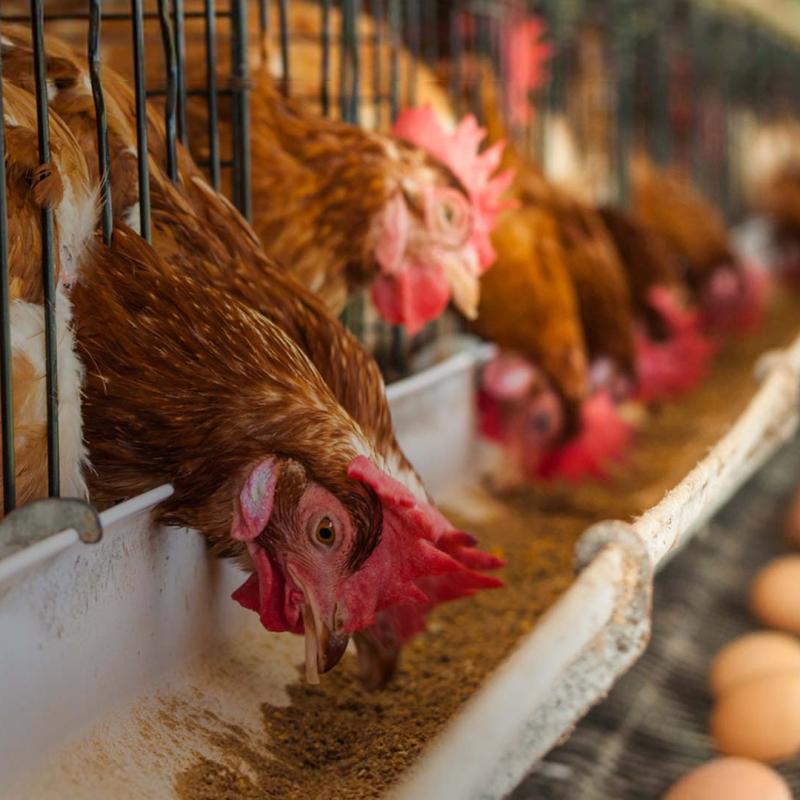
Market Needs
Lime is essential in animal feed to provide calcium supplementation which is important for bone growth, eggshell formation and overall health in poultry and livestock. It also acts as a pH stabilizer in the digestive system, ensuring optimal conditions for nutrient absorption and digestive health.

Solution
Calcium carbonate and hydrated lime are the primary types of lime used in animal feed. Calcium carbonate serves as a vital source of dietary calcium, essential for bone health, egg production, and overall livestock nutrition. It also functions as a pH buffer in poultry diets, promoting digestive health and nutrient absorption. Hydrated lime, with its higher alkalinity, is used in niche applications where precise pH adjustment is required, though it requires careful handling to prevent adverse effects.




